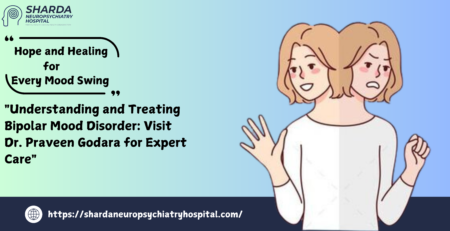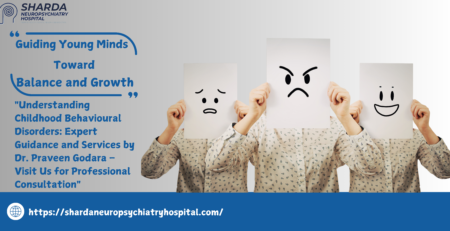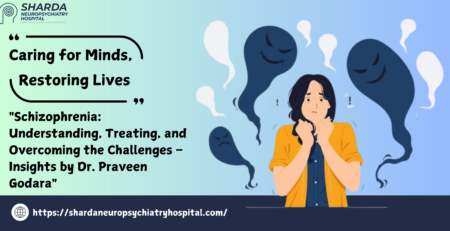Awareness of Risk Factors and Warning Signs of suicide
There is no single cause of suicide, but certain risk factors and warning signs can increase the likelihood of an attempt. Recognizing these signs could help save lives.
What factors contribute to suicide?
According to Dr. Praveen Godara, suicide doesn’t stem from a single cause. It often arises when stressors and health challenges combine, leading to overwhelming feelings of hopelessness and despair. Depression, the most common condition linked to suicide, is frequently undiagnosed or untreated. Mental health conditions like depression, anxiety, and substance use disorders, when left unaddressed, significantly heighten the risk. However, Dr. Godara emphasizes that with proper management and support, most individuals living with these conditions can lead fulfilling and engaged lives.
Factors That Increase Suicide Risk
Risk factors are characteristics or conditions that increase the chance that a person may try to take their life.
Health-Related Risk Factors
- Mental health conditions: Depression, anxiety, bipolar disorder, schizophrenia, substance use problems, aggression, mood instability, or poor relationships.
- Chronic physical health issues: Persistent pain or debilitating conditions.
- Traumatic brain injuries: Physical damage impacting brain function.
Environmental Risk Factors
- Access to lethal means: Firearms, drugs, or other harmful tools.
- Chronic stress: Harassment, bullying, unemployment, or ongoing relationship struggles.
- Major life events: Rejection, divorce, financial crises, or significant losses.
- Exposure: To another’s suicide or sensationalised portrayals of suicide.
Historical Risk Factors
- Previous attempts: A strong indicator of future risk.
- Family history: Suicide or mental health conditions in the family.
- Childhood trauma: Abuse, neglect, or early-life adverse experiences.
Recognising these factors is the first step toward providing support and intervention.
Red Flags for Suicide Risk
When concerned that someone may be suicidal, pay close attention to any changes in their behavior or the appearance of entirely new patterns. These changes are particularly alarming if they follow a painful event, significant loss, or major life change. Many individuals who contemplate suicide show warning signs through their words or actions, and recognizing these signals can be crucial.
Warning sign: Talk
If someone talks about:
- Wanting to end their life
- Feeling hopeless or like there’s no reason to live
- Feeling like they’re a burden to others
- Experiencing unbearable pain or feeling trapped
Warning sign: Behavior
Certain behaviors may signal risk, especially following a painful event or loss:
- Increased use of substances like alcohol or drugs
- Searching for ways to end their life
- Withdrawing from regular activities or isolating from loved ones
- Drastic changes in sleep patterns
- Saying goodbye or giving away valued possessions
- Exhibiting aggression or fatigue
Warning sign: Mood
Individuals contemplating suicide often exhibit moods like:
- Depression or anxiety
- Loss of interest in things they once cared about
- Irritability or feelings of humiliation/shame
- Agitation, anger, or sudden relief as if they’ve found a solution
Contact Us for more information
Dr. Praveen Godara
(MBBS, M.D. Psychiatry)








Leave a Reply